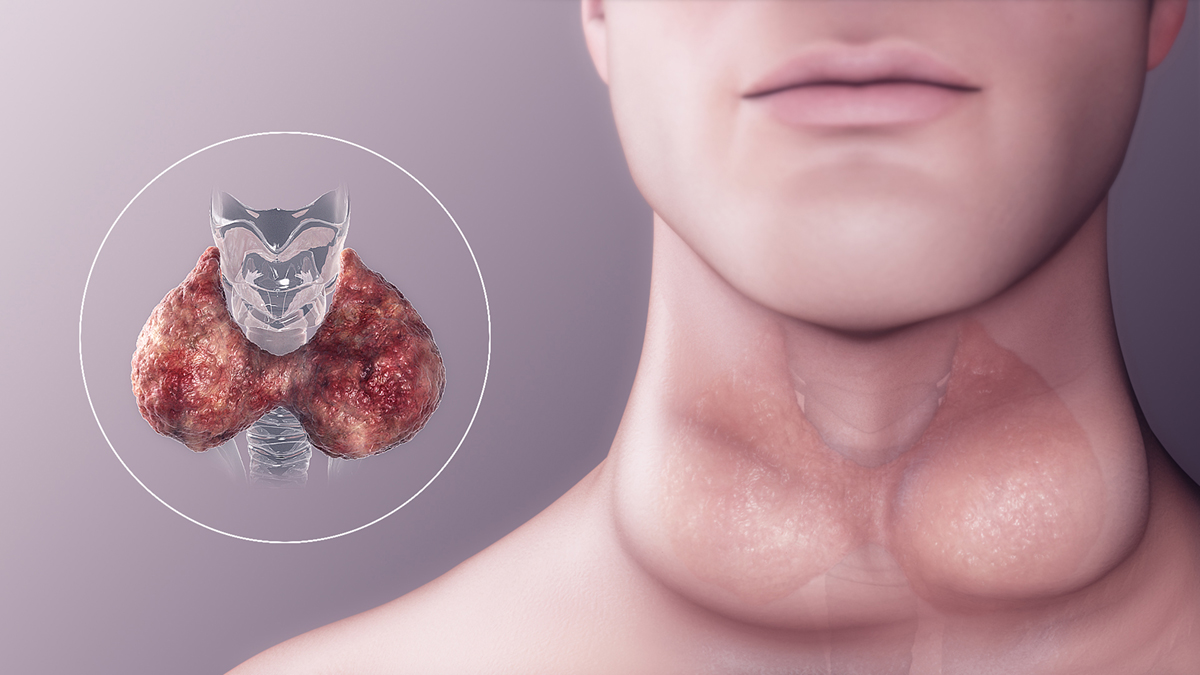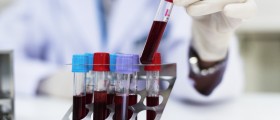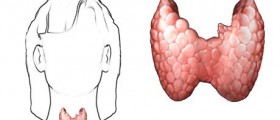
Low thyroid
Low thyroid or underactive thyroid is medically called hypothyroidism and occurs when the thyroid gland does not produce enough amounts of the hormones that are very important for the functioning of the whole organism. This condition is most frequent in women over their 50 and it must be treated promptly, since otherwise, it can cause several serious conditions, such as obesity, heart disease, joint pain, as well as infertility. Hypothyroidism is diagnosed by certain tests that are very accurate and the treatment usually includes taking specific synthetic thyroid hormone.
Symptoms of low thyroid
At the beginning of this condition, the symptoms are hardly noticed. They usually appear later, but sometimes they may appear after several years even. The symptoms of hypothyroidism are numerous and various and depend of the severity of the hormone deficiency. The most common metabolic and psychological symptoms of this disorder are tiredness, fatigue and insomnia, as well as weakness, dementia, and confusion. In certain cases, the lack of concentration and depression may occur as well, though muscle cramps and cold intolerance are also symptoms that may appear as the consequence of the low thyroid. Furthermore, there have been cases that reported the sudden excessive gain of weight.
A person that suffers from hypothyroidism may experience certain dermatological symptoms, because the low thyroid decreases the sweating. As the result of that, the skin is dry, thick and may change the color and become yellow. Sometimes, the hair loss and brittle nails may occur. Hypothyroidism may affect gastrointestinal system and cause constipation, because the muscles that participate in digestion slow down.
Hypothyroidism may also cause the malfunction of the heart, and because of that, the person may have difficulties in breathing and get easily tired. Other symptoms that appear in cardiovascular system are tachycardia and palpitations, but sometimes, high cholesterol in blood appears, as well as anemia. The most common symptoms that occur in the respiratory system are shortness of breath and frequent blockage of the air passages while sleeping.
In women, hypothyroidism affects their reproductive system by causing certain irregularities in the menstrual cycle, such as no periods at all, or frequent periods accompanied with excessive menstrual flow. If a woman is pregnant and has hypothyroidism, there is a risk of miscarriage, but it is important to say that this condition may even lead to the infertility in women.When a person notices some of these symptoms, it is important to visit a doctor and treat hypothyroidism, because it is a curable condition. The symptoms may completely disappear in a month or two, once the treatment starts.


-In-Adults_f_280x120.jpg)



-And-Children-16-Warning-Signs-And-Symptoms_f_280x120.jpg)
-In-Infants-And-Older-Children_f_280x120.jpg)



-During-Pregnancy_f_280x120.jpg)

-What-Are-Your-Options_f_280x120.jpg)



Your thoughts on this
Loading...